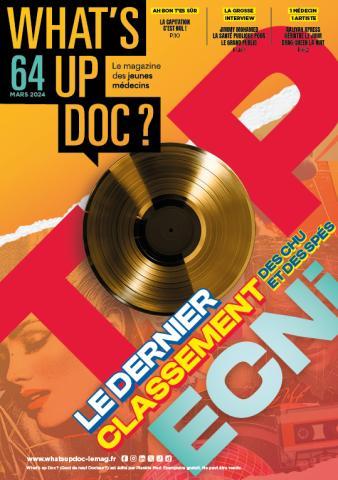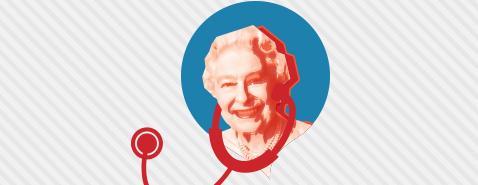Dr Robshaw So, M. Lancaster, according to your referral letter, you’ve been feeling pain in your chest. Could you tell me about it?
M. Lancaster Well the first time it happened was when I was walking up the hill in Shaftesbury. I was feeling pretty good, then all of a sudden I felt this intense pain in my chest and I couldn’t breathe and I thought I was going to die. I sat down and after a few minutes it went away and I felt OK again. The thing is, it’s happened a couple of times since then, so I thought I’d better see my doctor.
Dr Robshaw I see. And in the more recent attacks, has the pain got any worse?
M. Lancaster No, pretty much the same. The last time was when I was running to catch the bus.
Dr Robshaw Could you describe the pain for me?
M. Lancaster Yes, of course. It was right in the middle here, under my breastbone, and it felt like something was squeezing hard.
Dr Robshaw And did it spread at all, to your shoulder or your jaw, for example?
M. Lancaster No, just in my chest.
Dr Robshaw Right ; I’ll just check your vital signs, and then, we’ll do a stress test on a treadmill. Your blood pressure is a bit high, but your pulse and heart sounds are OK. The stress test is just to check your ECG when you’re exercising. Could you strip down to the waist and I’ll stick on the ECG electrodes. Right! We’ll start slowly, and I’ll increase the speed little by little. Let me know if you feel any discomfort or if you’re finding it difficult to breathe.
M. Lancaster I think I’d better stop - I can feel a sort of twinge in my chest. Can you stop the machine?
Dr Robshaw That’s fine, M. Robshaw. Just pop this pill under your tongue, it will relieve the pain and help you to breathe more easily. How do you feel now?
M. Lancaster That’s much better, thank you.
Dr Robshaw Well, M. Lancaster, one of the arteries in your heart is not letting enough blood through. It’s causing a condition that we call angina. In your case, it’s stable. There’s probably some plaque there that’s built up over the years. It’s not too serious at the moment, so I’m going to prescribe some drugs and I’d like you to make a few changes to your lifestyle. First of all, you must try to lose some weight. I’ll arrange a consultation with a dietician who will explain how you can change your diet, and then, you must exercise more. Nothing too strenuous to begin with, but it must be regular. A brisk walk every day, but start gently, say 20 minutes to begin with, and then gradually increase the distance. And, of course, stop smoking! I can arrange a consultation with an addiction counsellor, if you think it would help. I’ll write to your GP to explain what I’ve prescribed, so she’ll be able to advise you if you have any queries about the treatment, and of course, you must go and see her if the pain comes back.
LEXIQUE
Key expressions for the clinical exam
Could you please take off your top things? / Could you please strip down to the waist? - Veuillez vous mettre torse nu, s'il vous plaît ?
Lie down on the couch - Allongez-vous sur la table d'examen.
I’m going to listen to your heart - Je vais écouter votre cœur.
I can hear a slight murmur - Je perçois un léger souffle.
I’m going to check the pulse - Je vais prendre votre pouls…
…in your neck - au cou
…in your wrist - au poignet
…in your groin - à l'aine …
behind your knee - derrière le genou
… behind your ankle - derrière la cheville
… on the top of your foot - sur le dessus du pied
Your heart rate is 140 beats per minute - Votre cœur bat à 140 par minute
I'll check your blood pressure when you’re lying / sitting / standing - Je vais vérifier votre tension artérielle en position allongée / assise / debout
Your blood pressure is 110 / 80 - Vous avez 11/8 de tension artérielle
I’m going to run an ECG - Je vais vous faire passer un électrocardiogramme
I'd like you to do a stress test - J'aimerais que vous fassiez un test d'effort
further key expressions on www.whatsupdoc-lemag.fr



